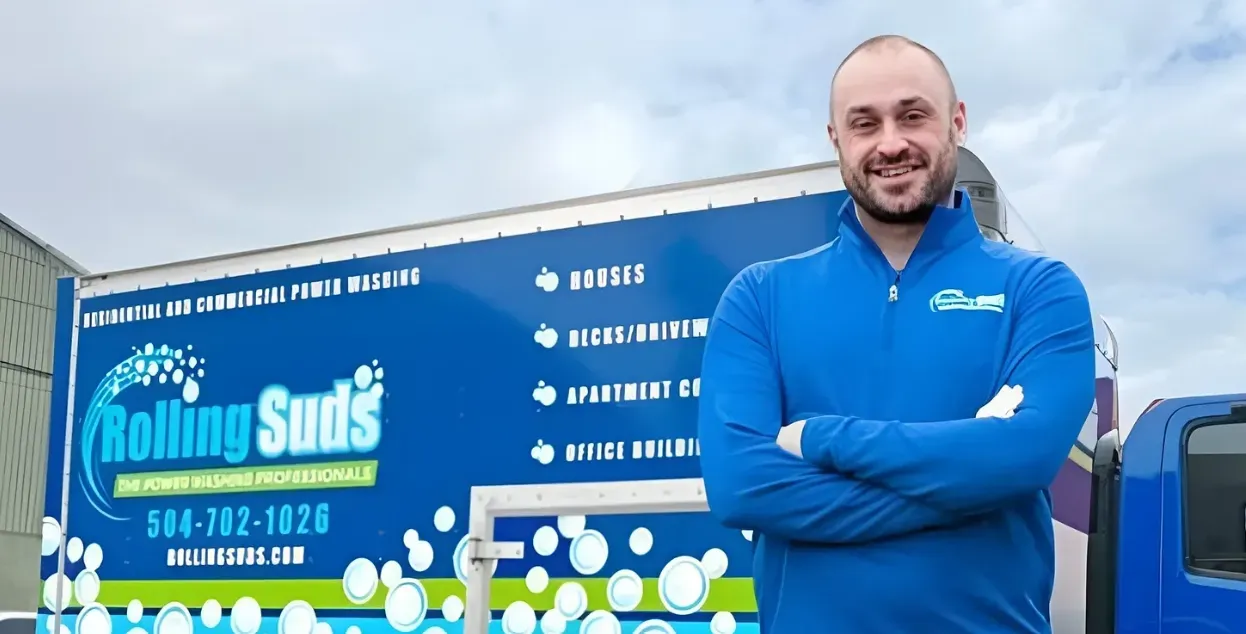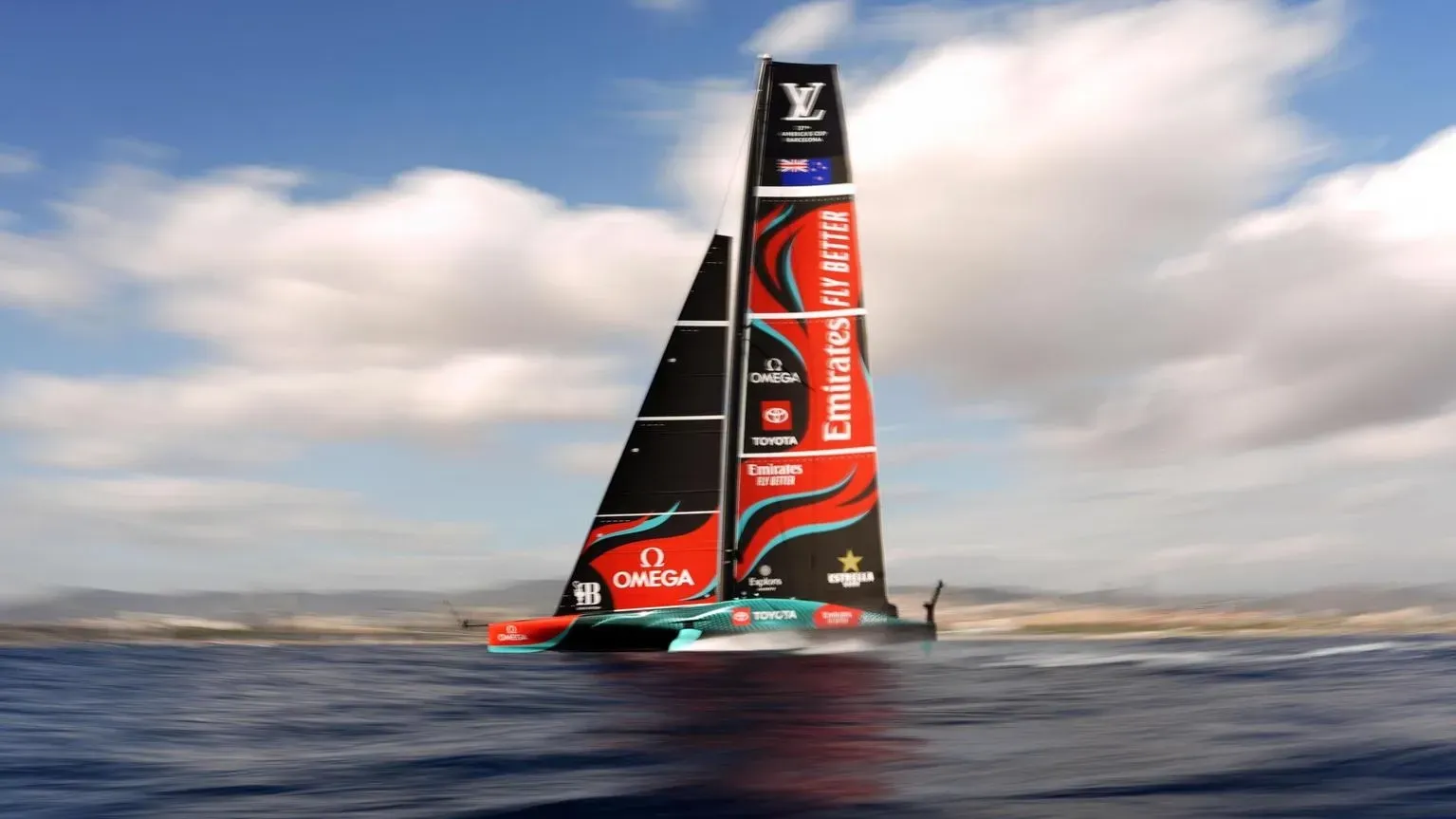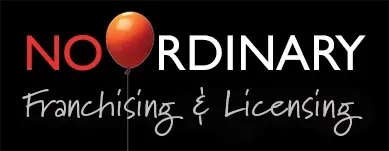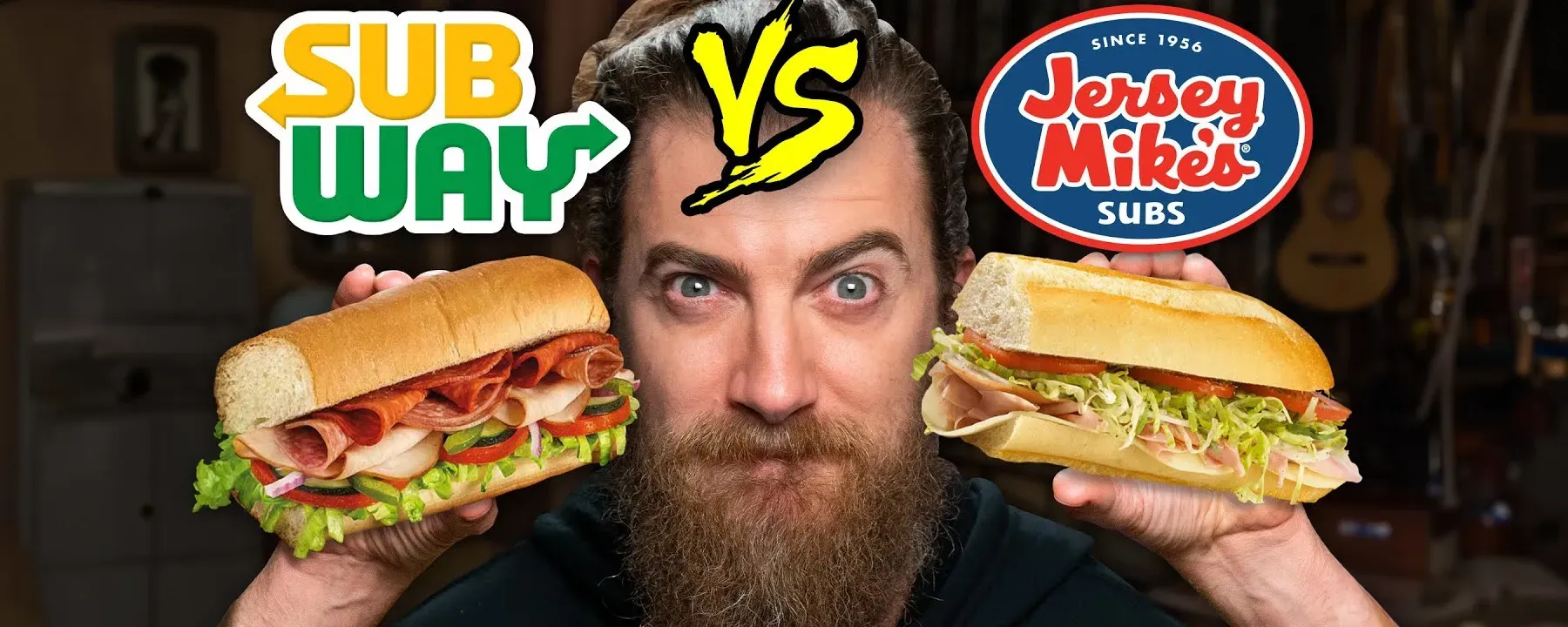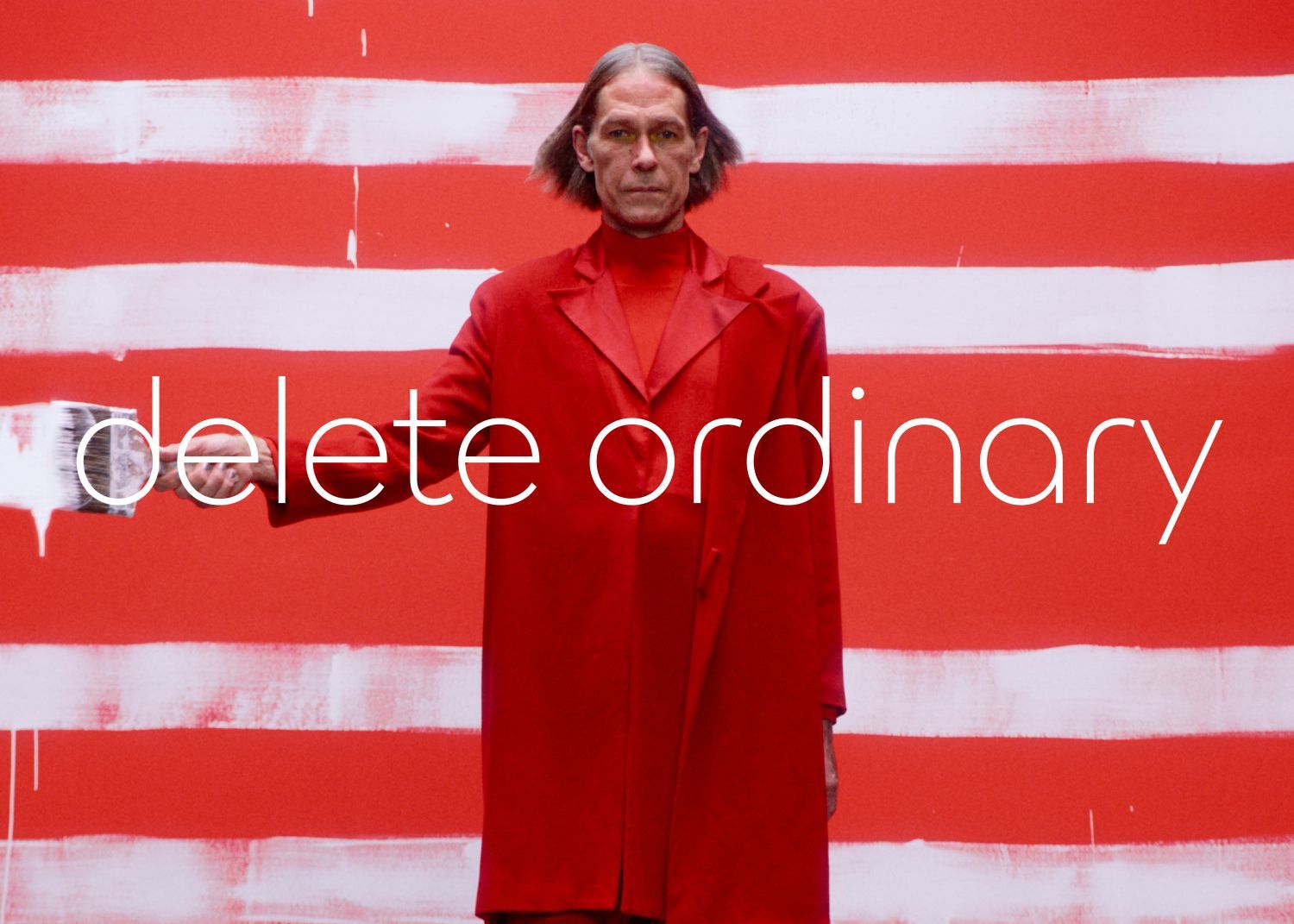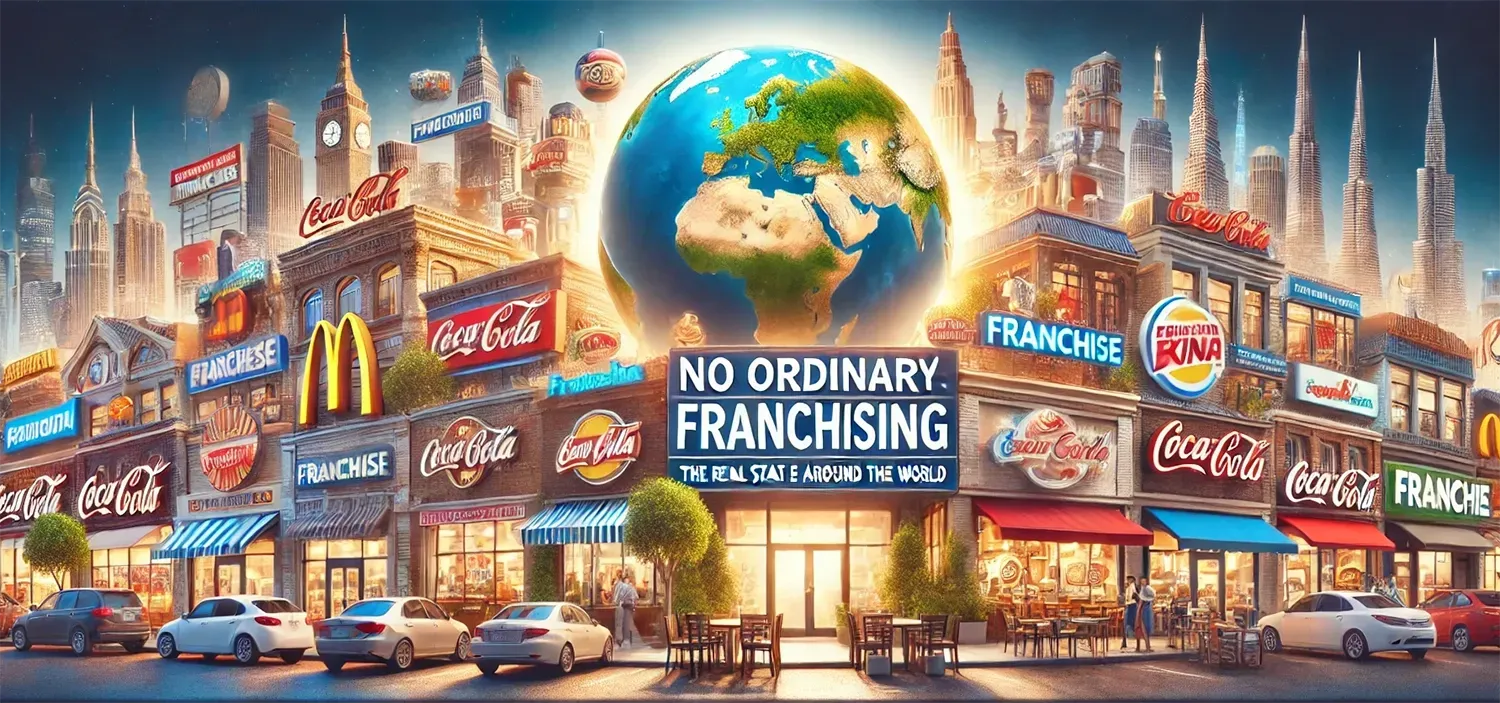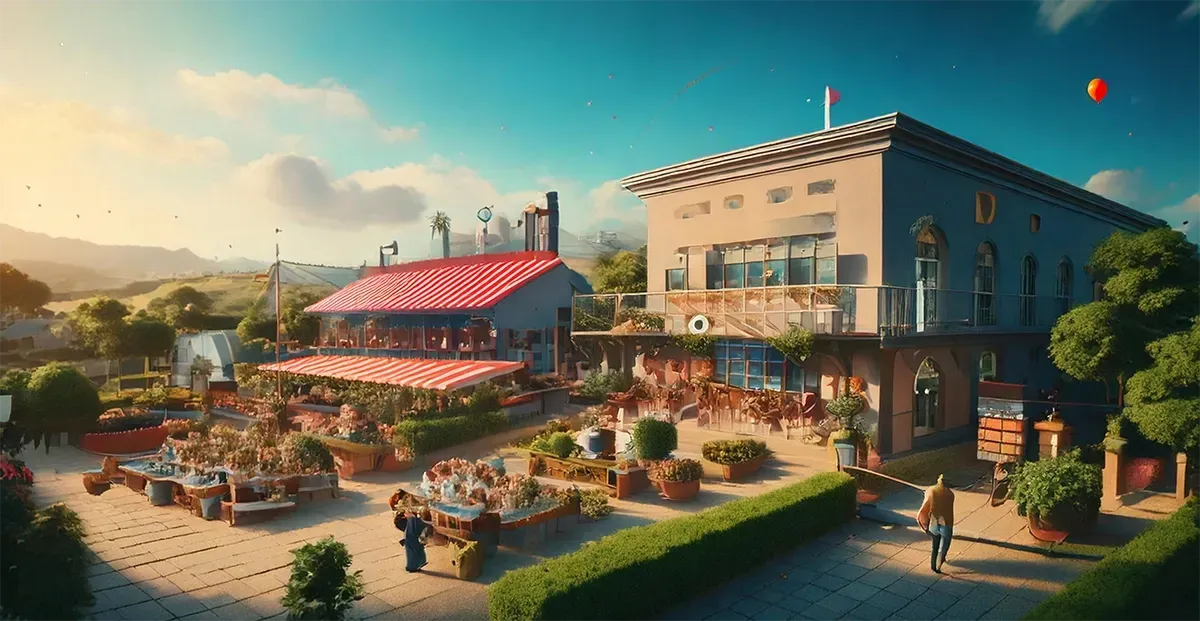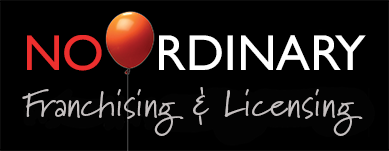Is your franchise disclosure document putting prospective franchisees off?
Picture this: A prospective franchisee, excited about the possibility of joining your franchise, opens your Franchise Disclosure Document (FDD) for the first time.
But instead of finding an engaging, informative document that fuels their enthusiasm, they’re faced with a wall of dense, complex text—a 100-page monolith that feels more like a legal maze than an opportunity.
While compliance is essential, many franchisors miss an important point: the FDD is often the first in-depth look potential franchisees get into your business. But when prospective franchisees are overwhelmed or turned off by dry legalese, they might decide not to pursue the opportunity further. An FDD that is difficult to navigate, devoid of engaging visuals or explanations, and feels like an obstacle rather than an invitation, can make a significant impact on the franchisee’s decision to join—or not.
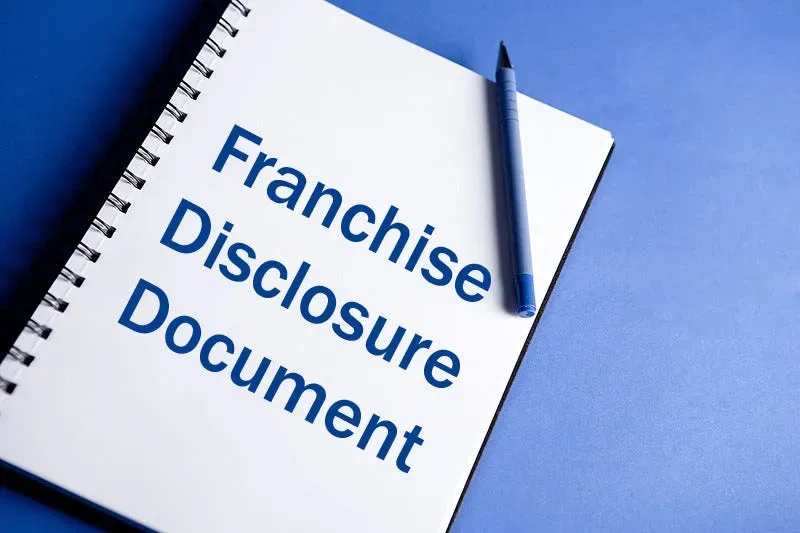
Do Franchise Disclosure Documents have to look dull, unmotivating and, frankly, scary?
Why Prospective Franchisees Struggle With Standard FDDs
An FDD typically includes essential information, covering everything from the history of the franchise to financial disclosures, legal commitments, obligations, fees, and more. However, it often comes across as an intimidating, overly formal document that feels at odds with the dynamic nature of franchising.
Most prospective franchisees don’t come from legal backgrounds. They’re entrepreneurs looking to build a business. When a document designed to explain the opportunity to them feels daunting, the FDD becomes a barrier rather than a bridge.
The Power of a Visual, User-Friendly FDD
Within the constraints of legal requirements, an FDD can be transformed into a more engaging, accessible document. Instead of relying solely on text, incorporate visual elements to make the document both informative and inviting. Here are some simple ways to achieve this:
Relevant Diagrams and Infographics
Illustrate complex sections with visual aids. For example, consider adding a franchise structure diagram in sections describing the franchise system’s roles and responsibilities. An infographic showing the process and timeline from franchise agreement to grand opening can also clarify the journey for prospective franchisees.
Financial Visuals
Financial data can be overwhelming, especially if it’s a sea of numbers without context. Simplify financial information by providing bar graphs, pie charts, or visual summaries to break down key financial obligations, historical financial performance, and fee structures.
Franchisee Support Illustrations
The support you provide is one of the most valuable assets of your franchise. Use visuals to convey the training, resources, and ongoing assistance offered to franchisees. This can be represented as a roadmap, highlighting support milestones like onboarding, training, and marketing assistance, making it easier for franchisees to understand the support journey.
Visual Storytelling of Success Stories
If your FDD includes case studies or franchisee testimonials, bring them to life with visuals. Incorporate before-and-after photos or quick snapshots of franchisees’ journey to success, making it feel real and achievable for the reader.
Process Flowcharts
Franchising often involves complex processes, such as navigating royalty fees, understanding marketing contributions, or handling equipment leases. Flowcharts can clarify these processes and reduce confusion, making the FDD more accessible to those less familiar with business administration.
Simple and Intuitive Layout
Alongside visuals, the layout of an FDD plays a crucial role. Consider using bullet points, boxed highlights, and consistent formatting to make the document easier to scan. This reduces eye strain and makes information easier to digest. Emphasize sections by using headers and subheadings so that franchisees can navigate directly to sections of interest.
Benefits of a Well-Designed FDD
Making your FDD more visual and accessible serves multiple purposes:
- Increased Comprehension: Prospective franchisees are more likely to understand your franchise model, financial obligations, and the support you offer, leading to more informed decision-making
- Improved Trust and Transparency: A clear and well-structured FDD demonstrates that you value transparency and the franchisee’s understanding of your business
- Enhanced Appeal: Prospective franchisees are likely to view a user-friendly FDD positively, increasing their likelihood of feeling confident about the opportunity
Staying Within Legal Boundaries
Incorporating visuals into your FDD needs to be done thoughtfully and within legal frameworks. You can still ensure that all mandated disclosures and details are present while making the document visually engaging. It’s wise to consult with your legal team to make sure your FDD enhancements comply with relevant franchise laws and disclosure requirements.
Why contract me to revitalise your FDD?
Your FDD doesn’t have to be an impersonal, text-heavy document that puts off potential franchisees. With my combination of franchising experience, legal knowledge and writing and design flair, you can turn your FDD into a powerful tool that not only satisfies legal requirements but also enhances your franchise’s appeal.
By investing in a visual, well-structured and user-friendly FDD, you’re not just informing potential franchisees—you’re inviting them into your brand story in a way that’s clear, compelling, and, ultimately, more effective.
If you want to stand out in the competitive franchise market, talk with me about making your FDD as inviting as your franchise itself. After all, first impressions count, and your FDD might just be the difference between a prospective franchisee moving forward or moving on.
Share on your Page:
Follow us:


